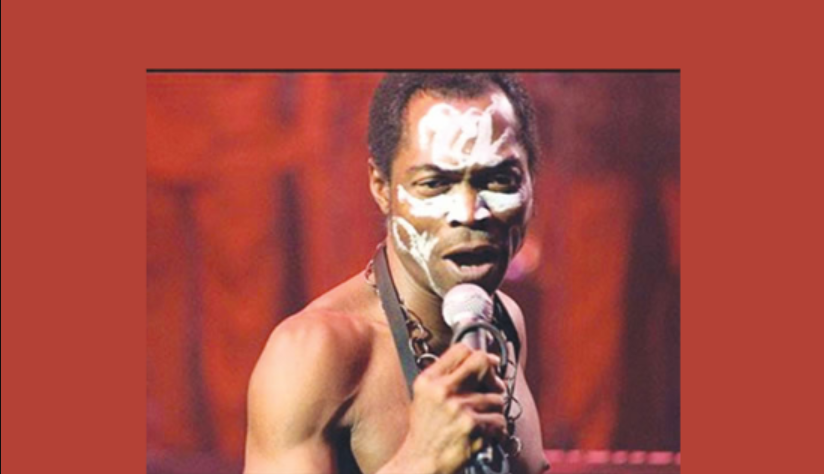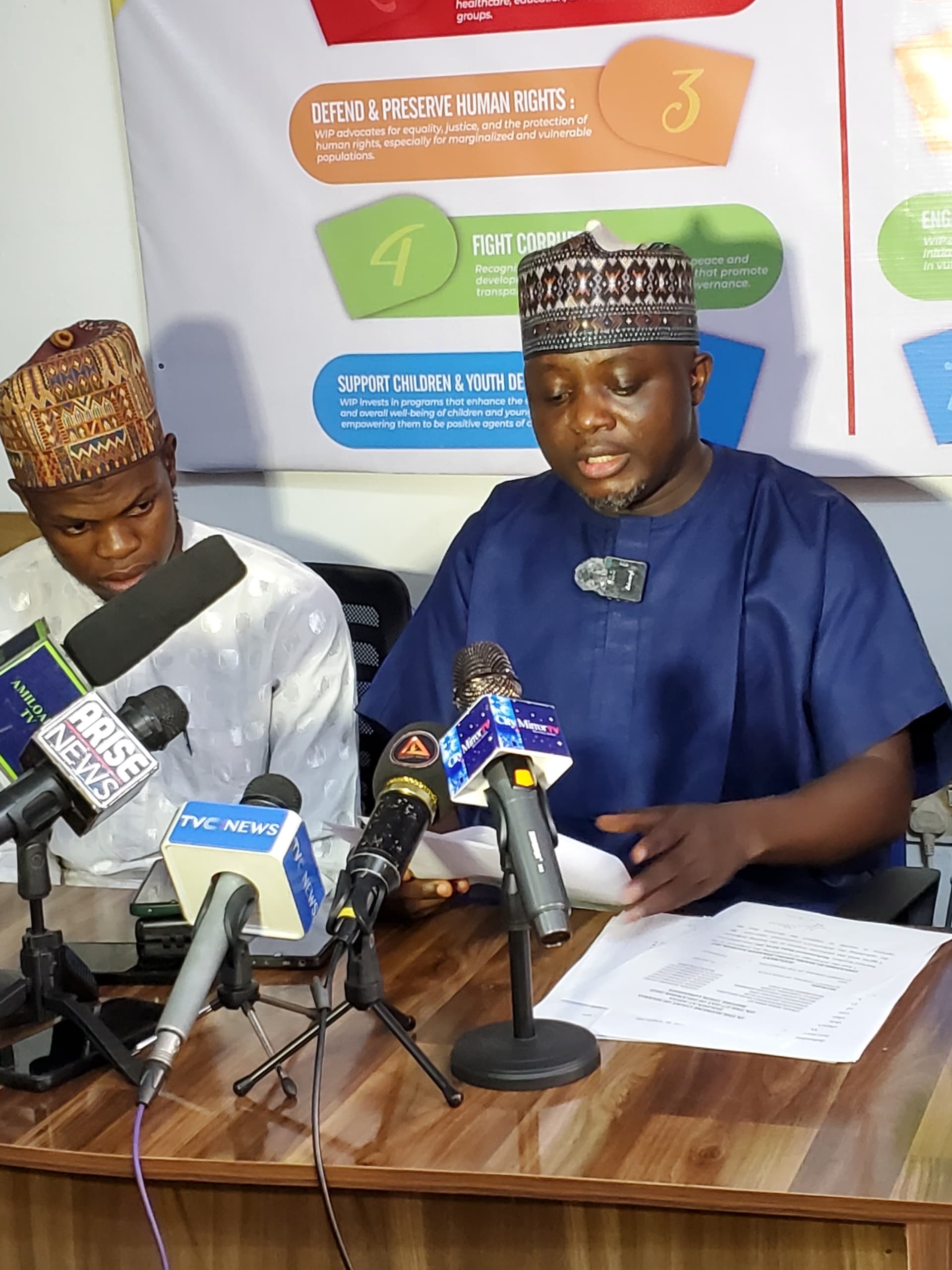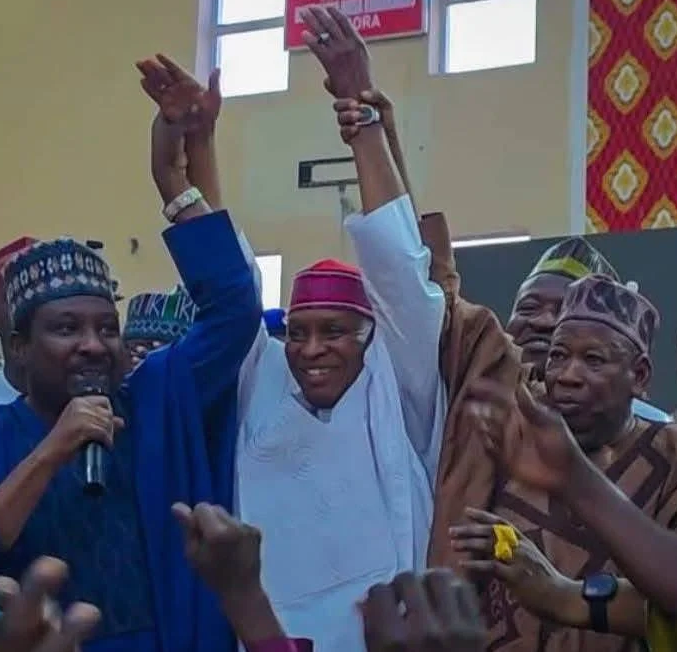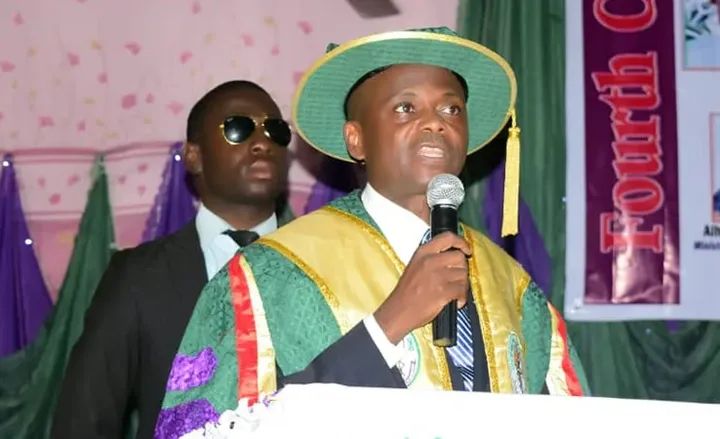
A Federal High Court in Lagos ruled on Monday that the arrest warrant issued against singer Mercy Chinwo’s former manager, Ezekiel Onyedikachi, remains in effect.
Justice Alexander Owoeye made the ruling while adjourning Onyedikachi’s trial over allegations of fraudulent conversion of funds.
The News Agency of Nigeria (NAN) reports that Owoeye had issued the arrest warrant on January 16 following an ex parte application by the Economic and Financial Crimes Commission (EFCC).
Mercy Chinwo had accused Onyedikachi of diverting approximately 345,000 dollars in royalties that were due to her. EFCC counsel, Mrs. Bilikisu Buhari, informed the court that the prosecution had been unable to serve the charge to the defendant, who had been unreachable. As a result, the court granted the application for an arrest warrant.
During the last adjournment on January 24, Onyedikachi’s defense lawyer, Dr. Monday Ubani, agreed to accept service of the charge on behalf of the defendant. However, Ubani also informed the court of a preliminary objection to the charge. The case was then adjourned for Onyedikachi’s arraignment.
At Monday’s hearing, Ubani appeared for the defendant, while Mr. Rotimi Oyedepo (SAN) represented the EFCC. Ubani informed the court that while the case was scheduled for the defendant’s arraignment, he had filed a preliminary objection.
Before the court could address the objection, the judge inquired, “Where is the defendant?” Ubani responded by saying his client had informed him he was involved in a car accident on the morning of the hearing but would be available on the next adjourned date. He then requested permission to move the preliminary objection, but the judge declined.
Justice Owoeye stated that the court had not yet assumed jurisdiction over the case since the defendant had not entered a plea. In response, EFCC counsel, Mr. Oyedepo, called the defense’s request “strange and improper,” citing Sections 396(2) of the Administration of Criminal Justice Act, as well as judicial precedents from State v. Achara and Federal Republic of Nigeria v. Yahaya Bello to support his stance. He urged the court not to grant the request, adding that the defendant’s absence on three separate occasions in a criminal trial was a serious disrespect to the court.
Oyedepo also told the court that the defendant was seen granting media interviews just after the last hearing. He requested that the court issue a bench warrant to ensure the defendant’s presence in future hearings.
Ubani objected, asserting that he personally committed to ensuring the defendant’s attendance at the next hearing based on his professional reputation. In response, the judge confirmed that the previous bench warrant remained in effect, as it had neither been vacated nor withdrawn.
The judge then ruled that the defendant must appear on the next adjourned date, either under the existing bench warrant or through the representation of his counsel.
The case was adjourned to March 6 for the arraignment of the defendant.
Advertisement







